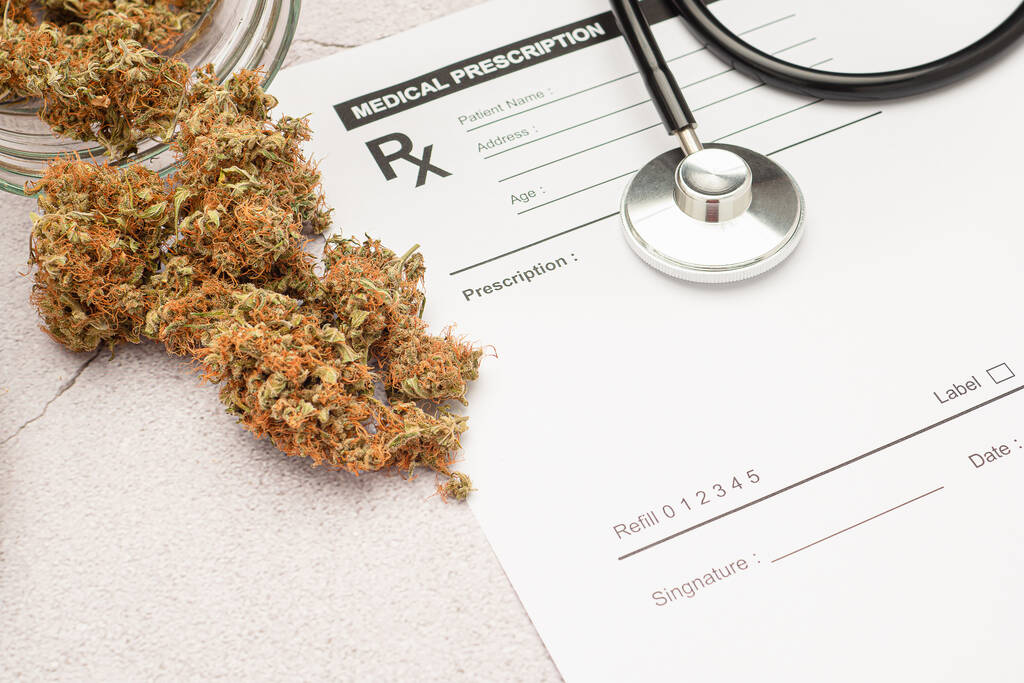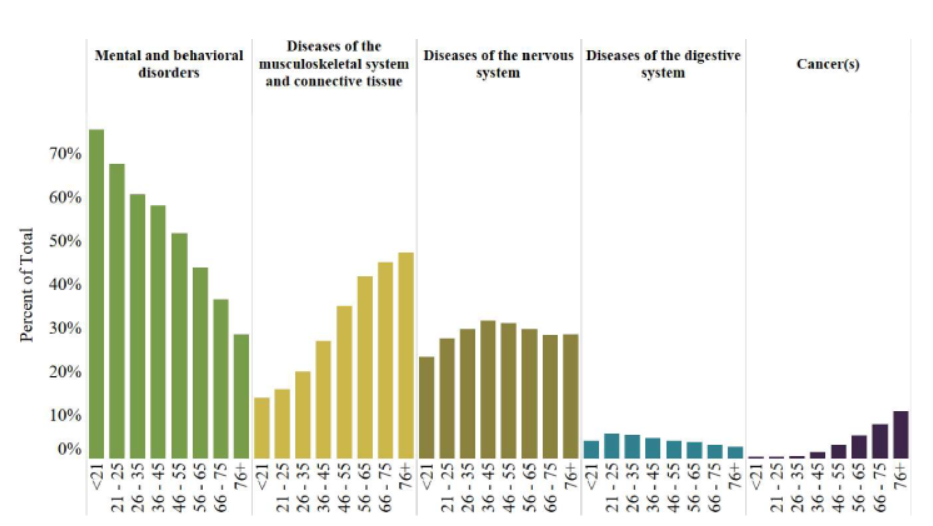The Cannabis Control Commission (Commission) this week is recognizing the 10th anniversary of the Medical Use of Marijuana Program by highlighting new data about the program, its patients, and growth over time.

“The Medical Use of Marijuana program in Massachusetts has evolved in its first ten years, and along the way has helped thousands of residents access life-changing treatment,” said Executive Director Travis Ahern. “We’re looking forward to the next 10 years as the Commission welcomes more patients and caregivers, and as I work toward my goal of creating a new internal working group to ensure the ongoing success of the program.”
Alternative Therapies Group opened the state’s first Marijuana Treatment Center (MTC) in Salem on June 24, 2015. The dispensary, which is still open and has expanded with two other locations, came after voters in 2012 approved a ballot initiative allowing medical use of cannabis for qualifying patients with debilitating medical conditions. The Medical Use of Marijuana Program has changed significantly since 2015, with thousands of patients and caregivers now enrolled, and MTCs licensed in every county in Massachusetts.
The program now serves just under 85,000 patients who access 94 MTCs that have received notices to commence operations. Just under 6,000 caregivers support those patients, plus 340 registered certifying physicians, 131 nurse practitioners, and seven physician assistants. In 2024, the Commission made regulatory changes to expand patient access, including:
- Allowing patients to request a telehealth consultation with a Certifying Healthcare Provider for their initial certification; and
- Allowing nurse practitioners with independent practices, who are Certifying Healthcare Providers the authority to certify qualifying patients without a supervising physician. This change allows nurse practitioners registered with the Medical Use of Marijuana Program to have the same prescribing authority afforded by the Board of Registration in Nursing (BORN).
The Commission’s recent cannabis industry report and licensing data show how the program is helping patients across all parts of the state.
Demographics
- The largest cohort of patients at over 21,000 is in the 36 to 45 age range.
- The program includes nearly 3,000 patients under age 21.
- Approximately 51.4% of patients identified as men, 48% identified as women and 0.6% reported a different gender (nonbinary, transgender, genderfluid).
Distribution of Diagnoses by Patient Age Cohort

Medical conditions
- By category, patients sought treatment most for mental health and behavioral disorders (52.6%) followed by diseases of the musculoskeletal system and connective tissue (31.2%) and diseases of the nervous system (29.8%).
- Young patients (under 21) most sought treatment for mental and behavioral health disorders, while older patients (76+) most sought treatment for diseases of the musculoskeletal and connective tissue.
- The top three specified diagnoses for patients are cancer (3.3% of all patients), Crohn’s disease (1.1%) and multiple sclerosis (1%).
MTC geography
- Most patients are concentrated in Boston, Worcester, and Springfield, the state’s three largest cities.
- Middlesex County has the highest number of dispensing MTCs at 27, followed by Worcester County (19) and Plymouth County (14).
- The most recent final license granted (May 22, 2025) to an MTC went to Native Sun Wellness, Inc., located in Hudson.
Medical sales, product distribution
- Gross sales of medical marijuana this year reached nearly $73 million as of June 15.
- All-time gross sales dating back to November 2018 have totaled just under $1.5 billion.
- Patients most often use cannabis flower (45% of all-time gross sales), followed by edibles (14.7%), and vape products (14.6%).
The Commission assumed jurisdiction over the Medical Use of Marijuana program from the Department of Public Health in 2018.
If you are interested in becoming a patient, provider, or caregiver, or would like to learn more about the Medical Use of Marijuana Program, please visit MassCannabisControl.com or contact the program by phone at (833) 869-6820) or email (comission@CCCMass.com). You can also follow the agency on Facebook LinkedIn, and X.







